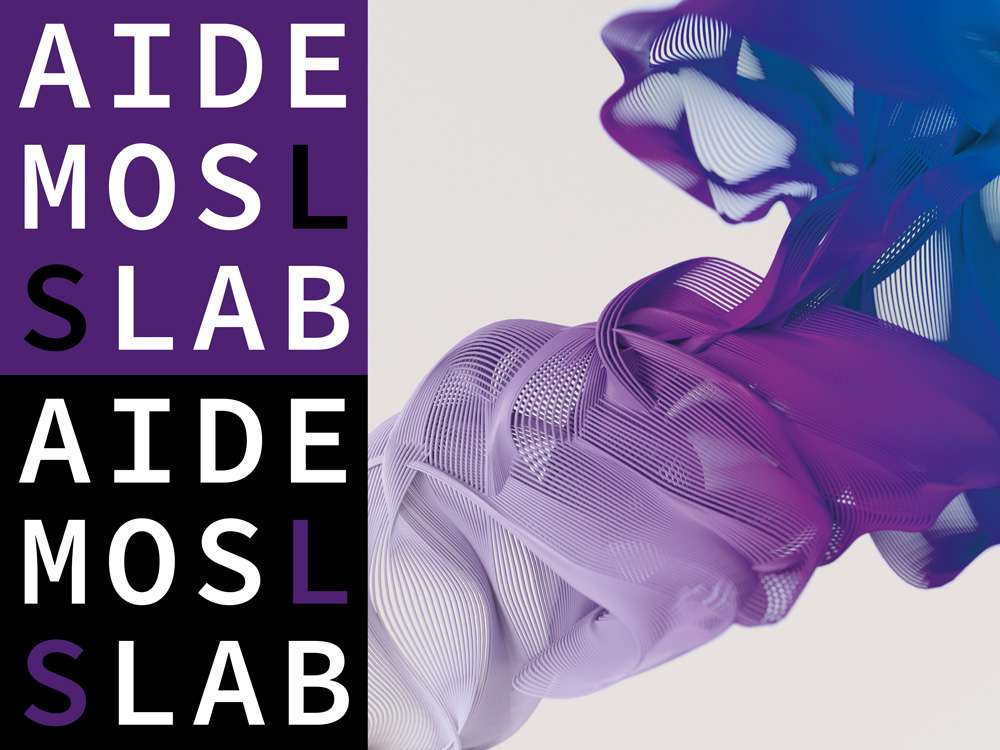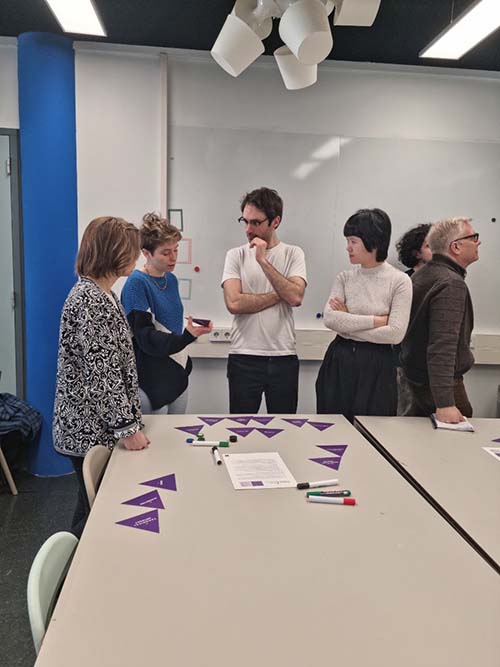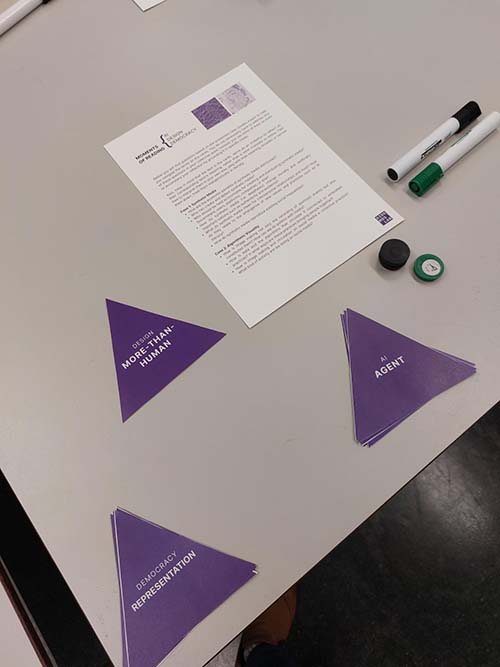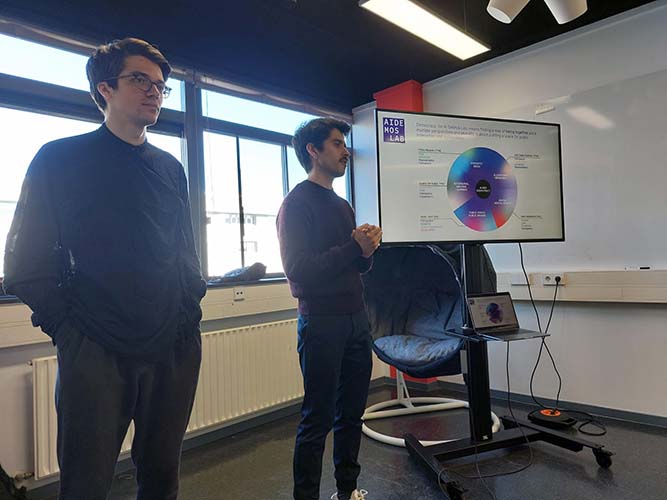Initial Reflections on the Workshop Moments of Reading: {AI, Design, Democracy}
On March 15, we at AI DeMoS Lab held our first workshop called Moments of Reading: {AI, Design, Democracy}. For this workshop, we wanted to think about how the key three concepts for our lab – AI, design, and democracy – can co-exist with one another since relations between them engender certain ways of thinking and foreclose others. In doing so, we did not aim to create shared vocabularies, set in stone and static in an encyclopedic fashion, but rather collectively produce reflections that bridge the gap between definitions while emphasizing partiality of any given way to define the triadic relationship between these terms.
During the workshop, the participants have been provided with three cards, each of them corresponding to a particular way to define AI/design/democracy. For instance, in the case of AI definitions included terms such as infrastructure or an agent while the range of definitions for democracy included terms such as representation and contention. Starting with one of the cards that has already been provided for a team of participants, they had to collectively proceed with reflecting on which other two cards “make sense” in relation to it. Depending on the respective initial card, participants had to reflect on the implications of the triad of concepts for the development and use of AI, the unfolding of democratic life as well as practices and methodologies of design. We have also introduced two case studies, synthetic media and algorithmic visuality, to help participants ground their thinking in already existing issues and practices.
Over the course of the workshop, participants have creatively ‘hacked’ the suggested rules, for instance, merging two cards to envision new meanings or questioning how we think about the distribution of agency when it comes to democracy and technology. Our hope for this workshop and its participants was that it would help to sharpen sensibility to the uses of language and the implications of terms we use to talk about AI, design, and democracy – and, by doing so, make research methodologies open to collective, participatory practices.





